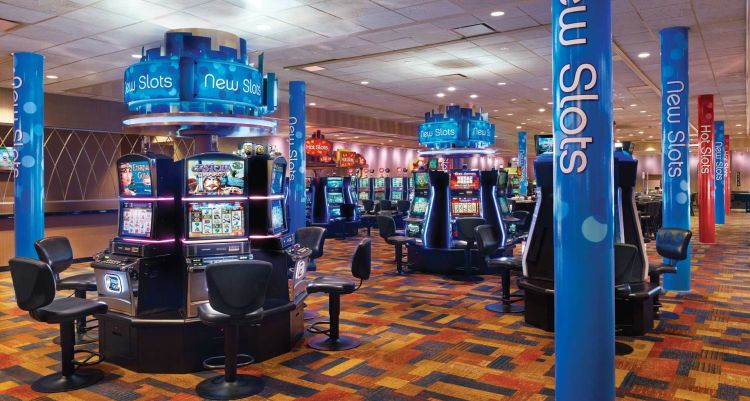At least two local Indiana communities are fighting back against a proposed law that would give tax breaks to casinos. LaPorte County is pooling the costs of hiring a lobbyist with Michigan City, with the hope that the lobbyist will be successful in stopping the advancement of House Bill 1350. The communities will split the expected $20,000 cost, which will see the lobbyist work up until the end of the state legislative session on April 30th.
Local communities are opposed to the gaming bill, especially the clause that will see a 3% tax on gaming revenue replace the current $3 admission fee charged to patrons. Regional governments currently make just under $50 million a year from Indiana, but the bill is expected to see those revenues slashed by $18 million.
The regional governments are concerned that the new tax will exacerbate the current trend of declining revenues in local casinos. According to LaPorte County Commission President Rich Mrozinski, the trend began around ten years ago when Four Winds Casino opened outside New Buffalo, Mi. Matters will not improve once a federally-approved Indian casino will open up in South Bend.
LaPorte County is counting on a number of representatives in the Legislature to fight their case, including State Reps. Scott Pelath, D-Michigan City, and Jim Pressel, R-LaPorte, as well as state Sen. Mike Bohacek. Mrozinski, however, believes that Bohacek and Pressel don’t wield enough clout just yet as they are newly elected. This is one of the reasons why the county is willing to fork out the $10,000 needed to employ the lobbyist, according to a report on nwi.com of northern Indiana.
Besides opposition to HB 1350 by local counties, there is generally quite a lot of support for the proposal. Proponents believe that it is unfair to make a casino pay $3 each time a patron walks onto the casino floor, especially when the customer regularly walks from one amenity to another within the casino complex and is charged each time he or she returns to the casino games.
Indiana is home to 10 riverboats, as well as one land-based casino and two racinos. The state already imposes a tax of up to 40% on casinos, depending on their gross gaming income.



